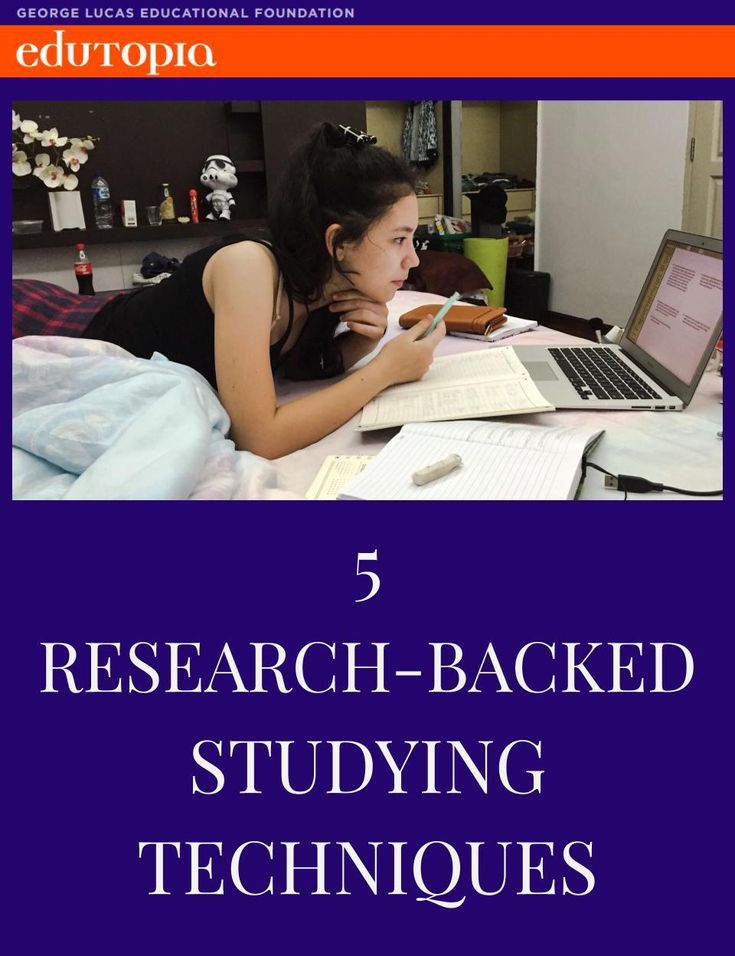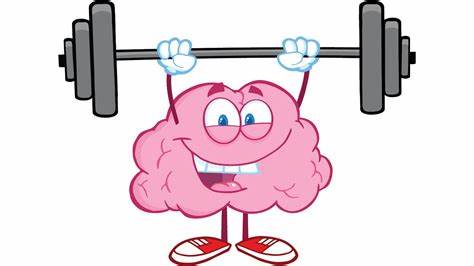
Have you ever watched in bewilderment as your roommate breezes through study material in half the time it takes you? Do you find yourself re-reading the same paragraph five times while information seems to slide off your brain like eggs on a non-stick pan? If so, welcome to the not-so-exclusive club of struggling learners! And let us dive in on the most effective study techniques that you can use to improve your grades.

Let’s be clear: struggling with learning doesn’t mean you have a learning disability or cognitive impairment. Most of us hit academic roadblocks occasionally—or frequently, if you’re like me and once spent three hours trying to understand a concept your professor explained in five minutes.
As one exhausted psychology student put it: “My brain feels like an overloaded WiFi router—too many tabs open and nothing is loading properly.”
Sound familiar? There’s hope. Science has uncovered why some people struggle with learning and, more importantly, how to overcome these challenges with specific techniques that actually work.

Before diving into solutions, it’s important to understand what’s happening when learning feels impossible. According to research from the Journal of Educational Psychology, several factors influence learning efficiency:
One struggling engineering student confessed: “I was convinced I couldn’t handle calculus until I realized my real problem was trying to study while simultaneously monitoring four group chats and a Twitter feed.”

Ready to transform from academic tortoise to hare? Let’s dive into techniques that will help you study faster and more effectively:
The concept of fixed “learning styles” has been largely debunked, but learning preferences do exist. According to David Kolb’s research, learners generally fall into four categories:
Recognizing your preferences can help you tailor your study approach. If traditional reading makes your eyes glaze over but explaining concepts to others helps them stick, leverage that preference.
When deadlines loom and you’re struggling to process information in your textbooks, services like StudyCreek can provide customized academic assistance that aligns with your learning preferences, helping you grasp difficult concepts through well-structured essays and study materials.
Your brain isn’t a hard drive—it’s more like a network of trails. The more you travel down a path, the clearer it becomes. Try these memory-enhancing techniques:
Your brain loves connections. Can’t remember when the French Revolution started? Link it to another 1789 event you already know.
Review material right before bed. Your brain continues processing information during sleep, strengthening neural connections without any effort from you. Talk about working smarter, not harder!
Remember “Please Excuse My Dear Aunt Sally” for mathematical operations? Create silly stories or acronyms for information you’re struggling to retain.
As one successful law student joked: “I remembered all the exceptions to hearsay evidence by creating a soap opera storyline involving each one. My brain refuses to learn boring things, but it never forgets drama.”
In a world of endless notifications, concentration has become a superpower. Build yours with these techniques:
Work intensely for 25 minutes, then take a 5-minute break. The twist? During those 25 minutes, put your phone in another room. Not just face-down—physically removed from your presence.
One student reported: “When I finally put my phone in another zip code while studying, my efficiency tripled. Turns out I was checking it approximately every 37 seconds without realizing it.”
Research on context-dependent memory shows that changing your study location prevents mental stagnation. Alternate between your dorm, the library, or that café with suspiciously strong coffee.
When deadlines approach and focus becomes crucial, many students find that professional academic support from services like StudyCreek helps them concentrate on core concepts while experts handle the time-consuming aspects of research and writing.
Learning with others isn’t just more fun—it’s more effective. A Stanford study showed that peer learning can significantly improve understanding and retention. Here’s how to leverage social learning:
“My study group has a rule,” shared one biochemistry major. “If you can’t explain a concept to a five-year-old, you don’t understand it well enough. I’ve spent a lot of time explaining mitochondria to imaginary kindergarteners.”
You can’t optimize a machine that’s running on empty. Your brain needs:
Sleep deprivation impairs attention, working memory, and decision-making. That all-nighter might help you finish the assignment, but you’ll retain about as much information as a sieve holds water.
Your brain uses 20% of your body’s energy. Feed it properly with omega-3 fatty acids, antioxidants, and protein. Put down that fourth energy drink and pick up some blueberries or walnuts instead.
Even a 10-minute walk can boost cognitive performance. One Harvard study found that regular exercise improves memory and thinking skills through both direct and indirect means.
Sometimes, despite your best efforts, academic challenges persist—especially when facing tight deadlines or particularly complex subjects. That’s when many successful students turn to professional academic writing services like StudyCreek for assistance.
As one MBA student explained: “I was drowning in case studies while working part-time. StudyCreek helped me develop a framework for analyzing business cases that I still use today. Sometimes you need an expert to show you the way.”

Remember those self-limiting beliefs we mentioned earlier? It’s time to kick them to the curb. Your capacity to learn isn’t fixed—it’s highly malleable. Neuroplasticity means your brain physically reorganizes itself when you learn something new.
Try these affirmations (yes, they actually work, according to psychological research):
Learning faster isn’t about becoming perfect overnight—it’s about consistent improvement. As one professor wisely noted: “The students who succeed aren’t always the brightest—they’re the ones who keep showing up even when it’s hard.”
Implement these science-backed techniques, be patient with yourself, and remember that struggling doesn’t equal failing—it’s just part of the learning process. Before long, you’ll be the one breezing through material while your roommate watches in amazement.
And on those days when academic demands exceed your available time or energy, remember that resources like StudyCreek exist to provide the support you need to keep moving forward in your educational journey.
After all, even the fastest learners know when to ask for help.
Delivering a high-quality product at a reasonable price is not enough anymore.
That’s why we have developed 5 beneficial guarantees that will make your experience with our service enjoyable, easy, and safe.
You have to be 100% sure of the quality of your product to give a money-back guarantee. This describes us perfectly. Make sure that this guarantee is totally transparent.
Read moreEach paper is composed from scratch, according to your instructions. It is then checked by our plagiarism-detection software. There is no gap where plagiarism could squeeze in.
Read moreThanks to our free revisions, there is no way for you to be unsatisfied. We will work on your paper until you are completely happy with the result.
Read moreYour email is safe, as we store it according to international data protection rules. Your bank details are secure, as we use only reliable payment systems.
Read moreBy sending us your money, you buy the service we provide. Check out our terms and conditions if you prefer business talks to be laid out in official language.
Read more